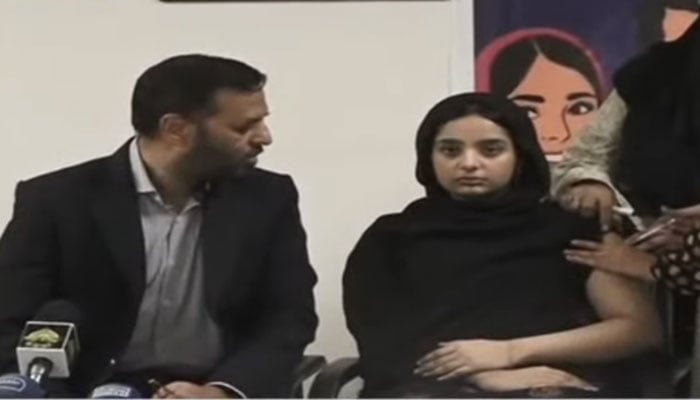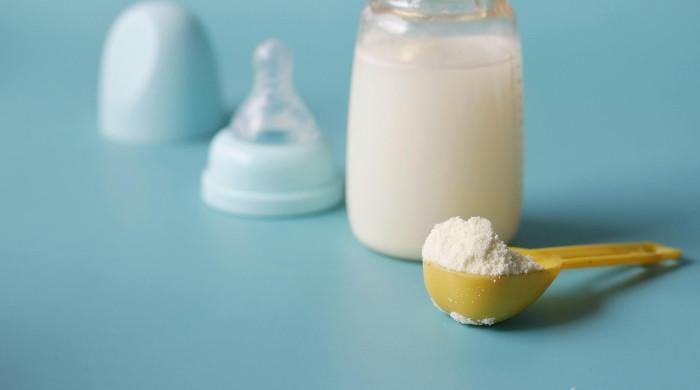Health minister gets daughter vaccinated against cervical cancer to dispel rumours
“Vaccination against cervical cancer has already been carried out in almost all Islamic countries,” says Mustafa Kamal
September 20, 2025

KARACHI: Aiming to dispel propaganda surrounding the ongoing Human Papillomavirus (HPV) vaccination campaign, Federal Health Minister Mustafa Kamal had his daughter vaccinated against cervical cancer.
The federal minister’s daughter was administered the HPV vaccine shot during a ceremony at the Drug Regulatory Authority of Pakistan (Drap) office in Karachi on Saturday.
Speaking to the media, Kamal — the former Karachi mayor — said: “The vaccination against cervical cancer has already been carried out in almost all Islamic countries.”
He said misleading propaganda had been spread since the campaign was launched and stressed that no girl in the country should lose her life to this disease.
Kamal, who is also a senior Muttahida Qaumi Movement-Pakistan (MQM-P) leader, said it was a difficult decision to bring his family before the media. “My only daughter is as precious to me as every daughter of the nation.”
He expressed hope that his act would bring change in society about the vaccine.
The federal minister emphasised that if the vaccine had any flaws, he would not have allowed his daughter to receive it.
“Pakistan is the 151st country in the world where this vaccine is being administered,” he added.
Cervical cancer is among the most preventable yet deadly diseases for women, claiming one life every two minutes worldwide — and nearly 94% of those deaths occur in low- and middle-income countries, according to the World Health Organisation (WHO).
Globally, it is the fourth most common cancer among women, but in Pakistan, the situation is even more alarming, as it is the second most common cancer among women in the country. Each year, more than 5,000 Pakistani women are diagnosed with it, and almost 3,000 of them lose their lives.
At the core of this disease is HPV, the most widespread viral infection of the reproductive tract. While most infections clear naturally, persistent high-risk HPV strains can cause cervical cancer. The tragedy is that this cancer is largely preventable.
A safe vaccine exists that prevents over 90% of high-risk HPV infections and can avert nearly 17 deaths per 1,000 girls vaccinated.
In a landmark step, Pakistan on September 15 rolled out the HPV vaccination campaign’s first phase with a 12-day effort targeting Sindh, Punjab, Azad Jammu and Kashmir (AJK) and Islamabad.
The vaccine, aimed at girls between 9 and 14 years of age, is being delivered primarily through schools and will later be integrated into the national immunisation programme, ultimately reaching nearly 18 million girls nationwide.
The launch also places Pakistan firmly on track toward achieving the WHO’s cervical cancer elimination targets by 2030 through vaccinating 90% of the girls by age 15, screening 70% of the women, and ensuring 90% of those with the disease receive timely treatment.











